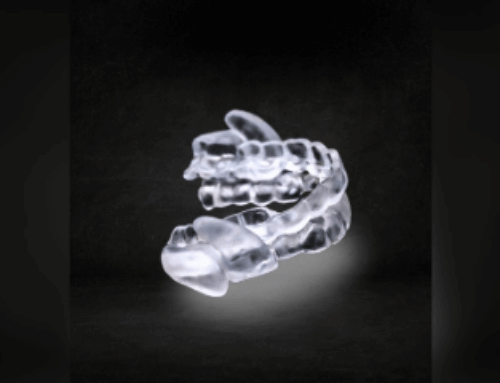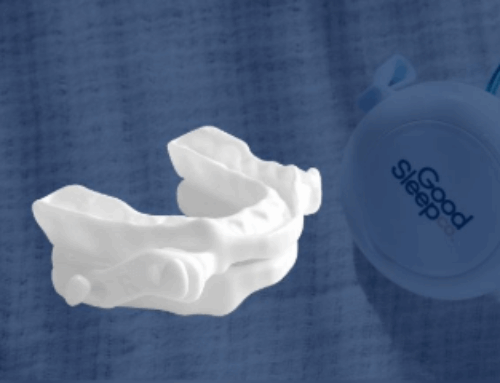On Nov. 23 the U.S. Food and Drug Administration authorized the emergency use of the ventilator accessory PortPatch, which is intended to reduce the spread of airborne particulates through the exhalation ports, anti-asphyxia valves, and carbon dioxide vents on full-face or non-rebreathing CPAP masks and other ventilation masks.
According to the manufacturer, Azimuth Sleep Solutions, the PortPatch is made of N99-rated filter material. The company indicates that it created the PortPatch to help keep front-line health care providers safer during the COVID-19 pandemic and to expand treatment options available to patients. Azimuth reports that the PortPatch can be use in patient-care settings such as hospitals, long-term care facilities, and sleep labs, and it also can be used by patients on their CPAP masks at home.
Aerosol-Generating Procedures
According to the CDC, some procedures performed on patients are more likely to generate higher concentrations of infectious respiratory aerosols than coughing, sneezing, talking, or breathing. These aerosol-generating procedures potentially put health care personnel and others at an increased risk for pathogen exposure and infection. Commonly performed medical procedures that are often considered aerosol-generating, or that create uncontrolled respiratory secretions, include non-invasive ventilation such as CPAP therapy.
As a recommended routine infection prevention and control practice during the COVID-19 pandemic, the CDC advises health care personnel to wear an N95 or equivalent or higher-level respirator, instead of a facemask, for aerosol-generating procedures. Providers also should wear eye protection during patient care encounters.
Find more COVID-19 resources from the AASM.





